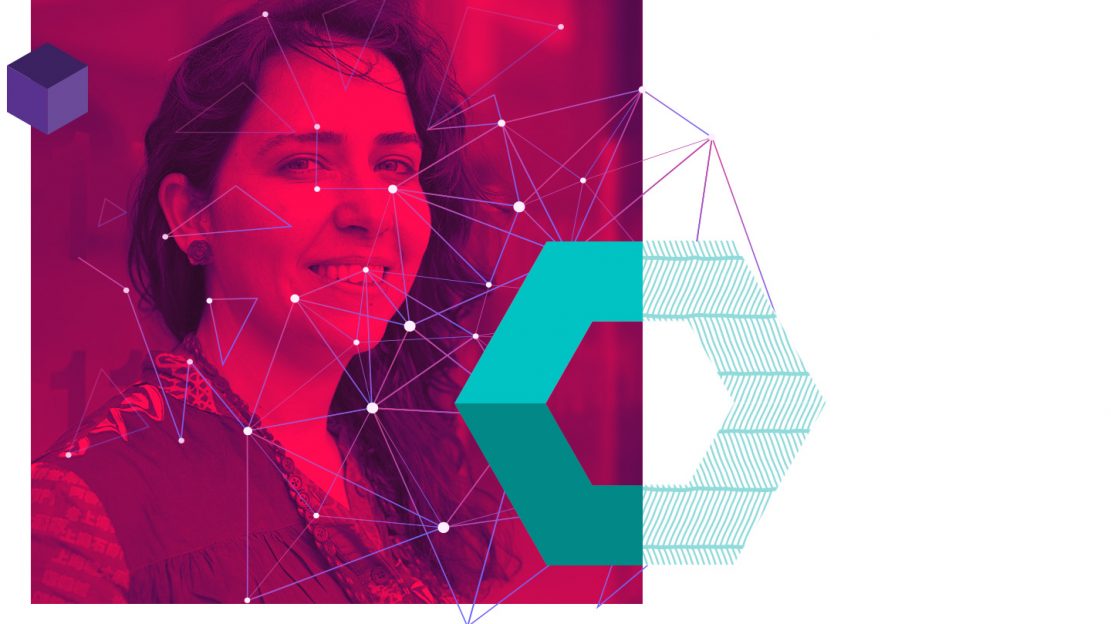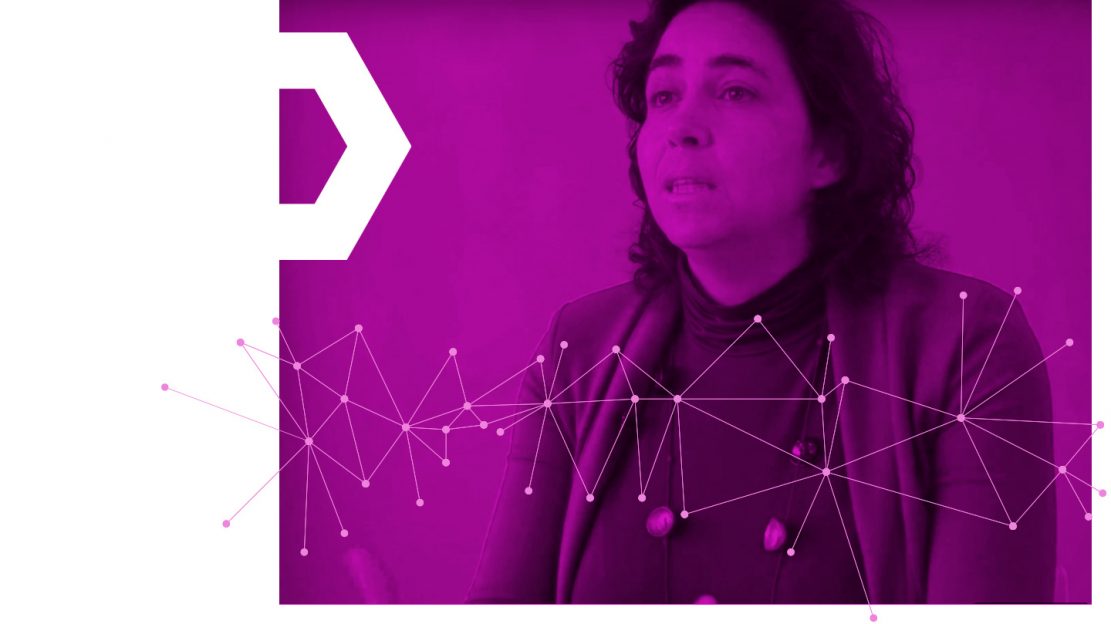Mayo Fuster: “The collaborative economy of the commons can open a horizon of economic democracy
Mayo Fuster Morell is a social researcher and one of the advisors of P2P Models. Known in the academic world for its extensive studies on the collaborative economy, social movements, online communities and digital commons, we have taken advantage of its proximity to interview her on digital commons, genre, blockchain and collaborative economy.
What is collaborative economy?
The collaborative economy is a type of platform economy with collaborative characteristics. The platform economy is the production generated by distributed communities mediated by a digital platform, where the presence of a digital platform is key. To be considered a distributed platform economy, three elements must be provided. The first is a democratic and shared governance and an economic model that responds to that governance. Second, there must be a technology and data policy that complies with the principles of transparency and access to data.Third, there must be an action of social responsibility with respect to the impacts it generates, that is to say, it must be inclusive and meet environmental sustainability criteria. For example, in the case of impact on cities it can’t collide with fundamental rights such as the right to housing.
What do you think is the most interesting and the biggest challenge of collaborative economy?
The most hopeful is that it opens a horizon of economic democracy since it points to a scalability of the social and solidarity economy and of cooperativism. On the other side, one of the main problems that the collaborative economy has is that it can exacerbate capitalism, and in fact, the main companies of the collaborative economy are large corporations.

Do you think that blockchain, being a distributed technology, could be an alternative for this?
Technology by itself, even if it is decentralized, does not solve the problems. The important thing is how you regulate it and how you adopt it. For example, behind blockchain could be one thing like bitcoin or another like faircoin.
In a recent article you commented that the platform economy will not only affect companies and work, but also public administrations, can you develop this idea a bit more?
The platform economy exacerbates the need for global institutions because the dimension that occurs in the digital environment favors much more the establishment of internationalized communities that can hardly be ascribed to a specific territory and delimit the legislation that applies to them. For this reason, the platform economy does not fit well with the current governance structure. On the other hand, it visibilizes the role of cities because it focuses on them, but the regulatory powers of the platforms are not in the cities, but, in our case, in the European Union. It is necessary to review a multi-government system to give more weight to cities and global institutions.
“
The platform economy exacerbates the need for global institutions.
The platforms also question the welfare model because they apply the extractive capitalist model of tax evasion. We think that Uber questions labor rights, but it is not only that because it does not contribute taxes where it operates either.
The cities also face a huge challenge: they have little capacity to negotiate with such strong economic actors. We must look for a stronger lobby through a union of them.
But just as it points to challenges, it also points to opportunities. The administration also could be platformized in the collaborative sense. They could adopt collaborative dynamics within institutions supported by digital platforms. For example, it is the case of Decidim, a digital platform that is used to decide policies in Barcelona, a good example of how the platform economy can provide resources to improve public innovation and democratiz institutions.
Moving on to another related field, how would you define digital commons?
A digital commons would apply to three categories: governance, economic model, and technology and knowledge that promote open access and social responsibility. In this case, we talk about the resources and not so much about the platform. For example, a software program would be a resource while the platform allows access to that resource.
In the digital commons there are two aspects. The first one derives from the theoretical framework of Ostrom; it states that in order to be considered a common good, there must be shared governance. The second one comes from cyberscholars who say that for a resource to be a common good it must be open access. I have integrated the two. Normally, digital commons have a much greater public dimension than when we think of the market business model, although they are not always fully public, in the sense that there is no need to pay for access.

Blockchain fulfills the three previous characteristics. Could it be considered a digital common?
No. Blockchain depends on how you use it, it’s like the internet, like a digital platform.
Blockchain has a very decentralized internal structure but certain ones exercise a lot of control. I do not believe that decentralization in itself implies greater democratization. It is important to define how you govern decentralization, not decentralization itself. In other words, it is not technology per se, but what use you make of technology.
“
In the decentralization power does not disappear, just moves to another place.
What happens often is that there are processes apparently decentralized because they were initially centralized and become decentralized, but in reality there is not a decentralization of power, just a restructuring of what is decentralized and centralized. In the decentralization power does not disappear, just moves to another place. For example, in Wikipedia the power is concentrated in the servers, but the power is very decentralized. In a system based on blockchain it seems that, since the data are distributed, the power disappears because the centralization elements are no longer there. For me that is insufficient, because power does not disappear, power occurs in any human interaction, in any social interaction. You have to make an analysis of this new configuration where there are layers that are more decentralized than before and see where the power is: maybe it has moved to social norms or to the dimension of reputation or other dimensions … There are always elements of power that we must analyze and see how they are governed.
“
In the FLOSS projects there is a participation of 1.5% women while in the privative ones there is 30%
It is like the gender issue in the FLOSS projects (free software and open source). As they are open we think they are more participatory, but in the FLOSS projects there is a participation of 1.5% women while in the privative ones there is 30%. You could think that more decentralization implies more access, but in the distribution of knowledge, in social dynamics, that does not sit well and what you end up creating is a much more exclusive system.
How do you think we can deal with the inequality between men and women?
Putting it on the table is a first step. It is necessary to make critical and multidisciplinary approaches to solve the problem and of course to apply a much more intense feminist approach. Creation of shared agendas, international and global networks and collaborate so that technology is inclusive and of course to lobby.
SHARE
AUTHOR






